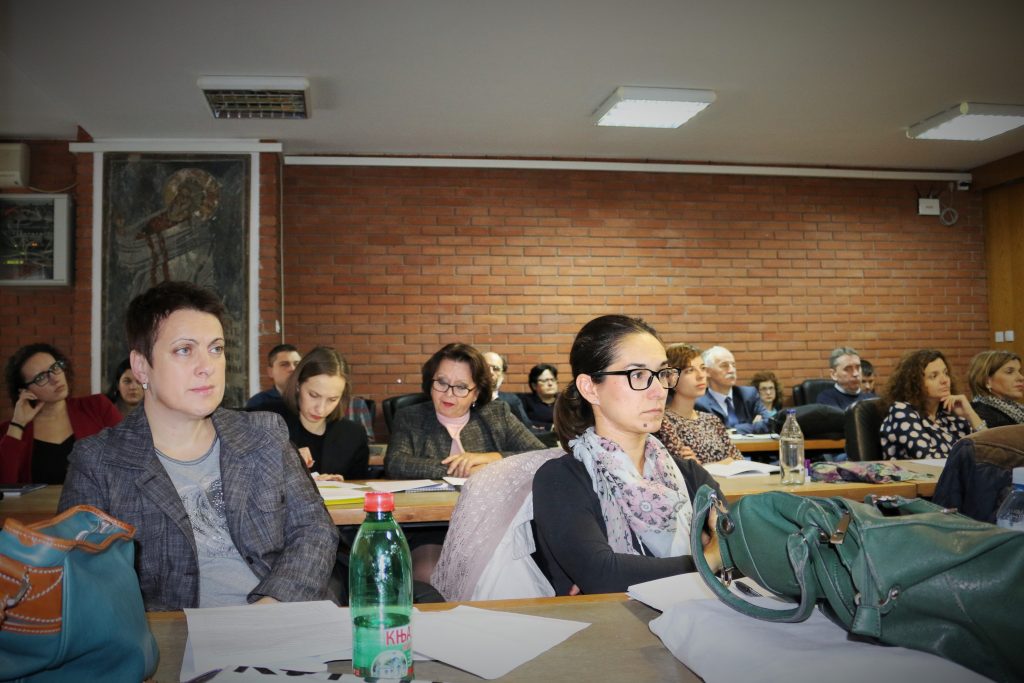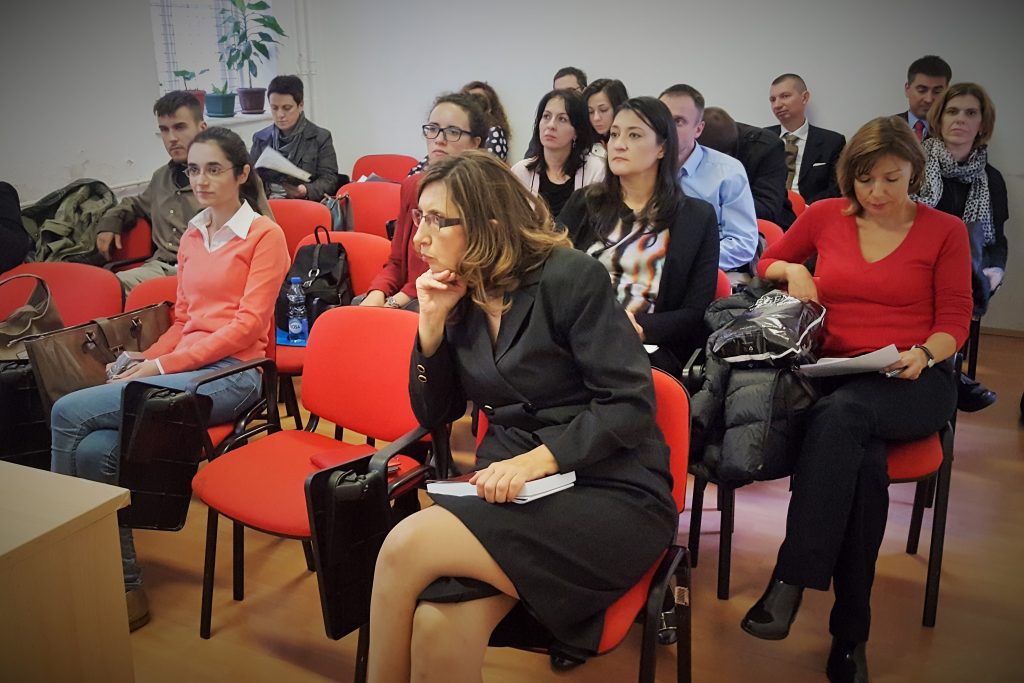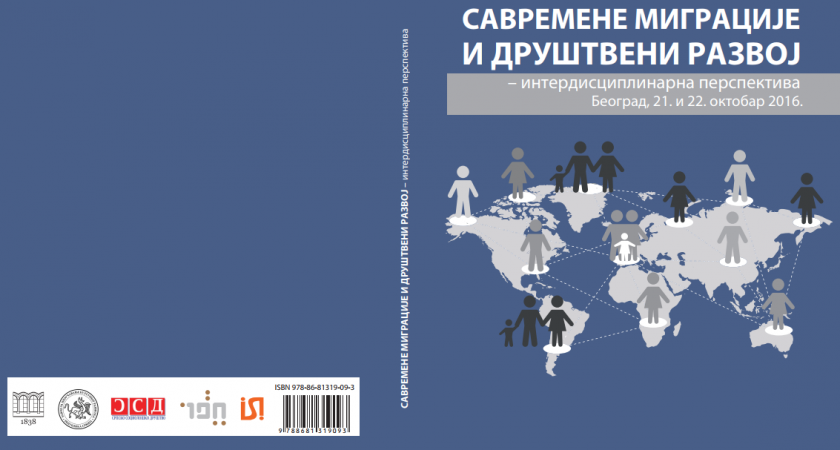The international scientific conference “Contemporary Migration and Social Development – An Interdisciplinary Perspective” was held at the Faculty of Philosophy in Belgrade on 21st and 22nd October 2016. The conference was co-organized by the Institute for Sociological Research, the Serbian Sociological Association, the Institute of Social Sciences, and the Center for Studies in Cultural Development. The papers presented were divided into seven sessions.

The first session “Demographic and social causes and consequences of contemporary migration“ pointed to the importance of contemporary migration as a determinant of social and demographic transformation, both in the global world, and within the territory of the former Yugoslavia, that is, Serbia and its regions. Particular emphasis was placed on the problems of integration of migrants and the instrumentalization of the migration crisis in political discourses and social movements in the EU. An integral part of this session was a presentation of the volume “Society and Space“issued by the Serbian Sociological Association.
As part of the session “Migration in security and geopolitical key“, the migration industry and national / European security policy were discussed. Additionally, issues of bilateral relations between Croatia and Serbia, and the impact of arms trafficking in Syria on the migration crisis were tackled within the geopolitical context.

Within the session “State policies towards migration”, national strategies for migration, as well as states’ institutional infrastructure were critically analyzed. The presenters emphasized that the immigration policies of EU member states were determined by various economic, political and legal factors. Finally, it was pointed out that the social consequences could be mitigated by identifying the social potentials of migration flows, e.g. the establishment of social networks between sending and receiving countries or by developing ethnic entrepreneurship.
In the next session, entitled “Public discourses on migration”, discussion included topics like the impact of information and communications technology on migration, ideological differences in the perception of the social consequences of immigration, how migration is associated with chaos, and the engaged and artistic attitude towards them. The whole session was dedicated to the analysis of media, be it discourse analysis of daily newspapers, examining how migrants are visually constructed in the media, or coverage of the conflict at the Serbian-Hungarian border during the refugee crisis.
The fifth session “Identity, identificational and developmental aspects of migrants and diaspora” covered the following topics: defining the (intellectual) diaspora and its role in the development of the sending country; national, religious and gender identity of migrants; the possibility of inclusion of migrants in the Serbian society; the mobility and status of Roma in the Balkans, and consequences of settling internal and international migrants.
The socio-psychological approach dominated within the next session. The presenters assessed the situation regarding education and psychological needs of refugees in Serbia, pointing out their traumatic experiences and the dangers they were exposed to. Also, some of the papers drew attention to the secondary traumatization of people involved in working with refugees.
Finally, “Migration and territorialization” session examined the relationship between migration and migratory movements, on one hand, and the social effects that these demographic processes bring with respect to territorial aspects, on the other.
The diversity of the papers showed the numerous socio-economic, demographic, cultural and political effects and challenges of migratory movements, beginning with the national, through the regional, to the local level. The challenges of depopulation of certain Serbian regions, along with the process of (urban) concentration and emigration were emphasized. In addition to that, the specific local circumstances that play an important role in determinating the direction and motivation of movements were recognized. The general conclusion of the conference was that contemporary migrations should be explored and explained as demographic and social phenomena from an interdisciplinary perspective, taking into consideration specific sociological, political, geographical, historical, philosophical, anthropological, legal, and other relevant frameworks.
This conference was organized within the project “Challenges of New Social Integration in Serbia: Concepts and Actors”, funded by the Ministry of Education, Science and Technological Development of the Republic of Serbia.

